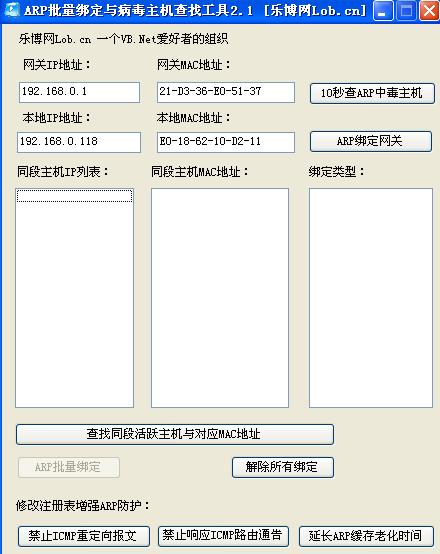C#性能优化5大技巧(最高可达62倍)
优化C#代码性能的5个小窍门
1、你是否用异常机制来处理过用户输入验证?
如果是,那么你的程序性能已经降低了62倍。你不相信吗?等几分钟,我将会告诉你怎么回事。但是在示例之前,我们先了解清楚哪里进行异常是真正必要的。
举个例子,你验证用户输入的数据,如果无效,则抛出异常到客户端(我假定你是基于业务逻辑校验用户输入的)。
[csharp]
class BusinessLogcCheck
{
public void Check()
{
try
{
//Your validation code is here
}
catch (Exception ex)
{
throw new Exception("My own exception");
}
}
}
亲爱的朋友,在接下来的例子中,当你看到了屏幕输出的结果后,你将会认识到那是多么糟糕的习惯。让我们来看下面的代码。
[csharp]
using System;
using System.Collections.Generic;
using System.Linq;
using System.Text;
using System.Diagnostics;
using System.IO;
using System.Net;
using System.Net.NetworkInformation;
namespace Test1
{
class Program
{
public static void ThrowTest()
{
throw new Exception("This is exceptopn");
}
public static Boolean Return()
{
return false;
}
static void Main(string[] args)
{
Stopwatch sw = new Stopwatch();
sw.Start();
try
{
ThrowTest();
}
catch
{
}
sw.Stop();
Console.WriteLine("With Exception " + sw.ElapsedTicks);
sw.Restart();
try
{
Return();
}
catch
{
}
sw.Stop();
Console.WriteLine("With Return " + sw.ElapsedTicks);
Console.ReadLine();
}
}
}
这是你正在等待的输入结果。
我的证明非常简单。在一个函数中引发一个异常,而在另一个函数中返回用户输入校验后的布尔值。而且我附加了一个计算器让你相信异常处理是如何影响代码性能的。
所以我们可以得出一个结果:不要针对用户输入验证抛出一个异常,而使用布尔值来返回验证输入的业务逻辑(或者其他相似的技术)。因为异常对象代价太高了。(不过也高不过你所钟爱的衬衣。哈哈)
2.绝对不要在循环中使用try-Catch.
是的,这也是和异常处理相关的。我再重复一遍:绝对不要在循环中使用try-Catch。让我用一个例子来证明。
[csharp]
using System;
using System.Collections.Generic;
using System.Linq;
using System.Text;
using System.Diagnostics;
using System.IO;
using System.Net;
using System.Net.NetworkInformation;
namespace Test1
{
class Program
{
static void Method1()
{
for (int i = 0; i < 1000; i++)
{
try
{
int value = i * 100;
if (value == -1)
{
throw new Exception();
}
}
catch
{
}
}
}
static void Method2()
{
try
{
for (int i = 0; i < 1000; i++)
{
int value = i * 100;
if (value == -1)
{
throw new Exception();
}
}
}




